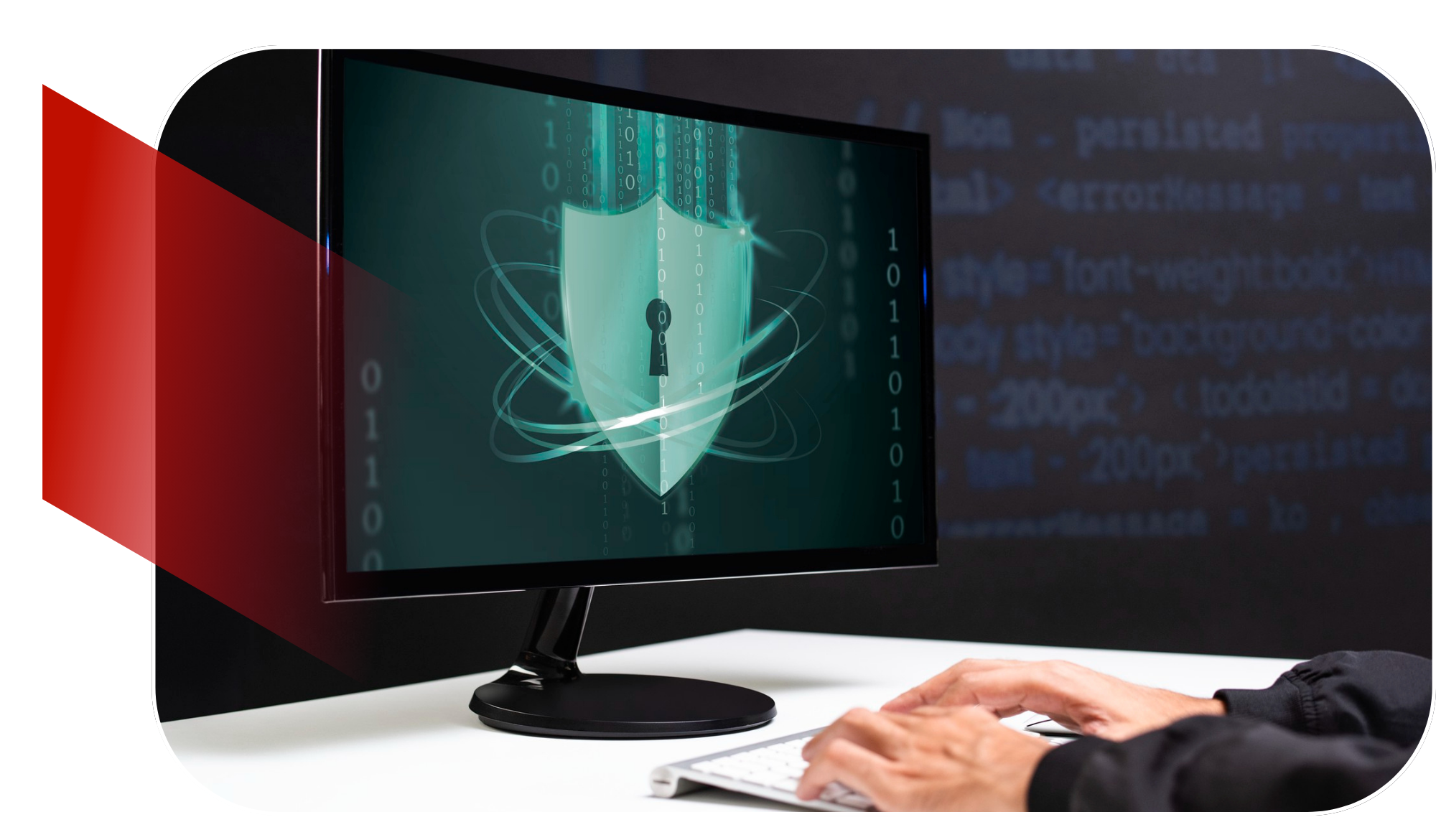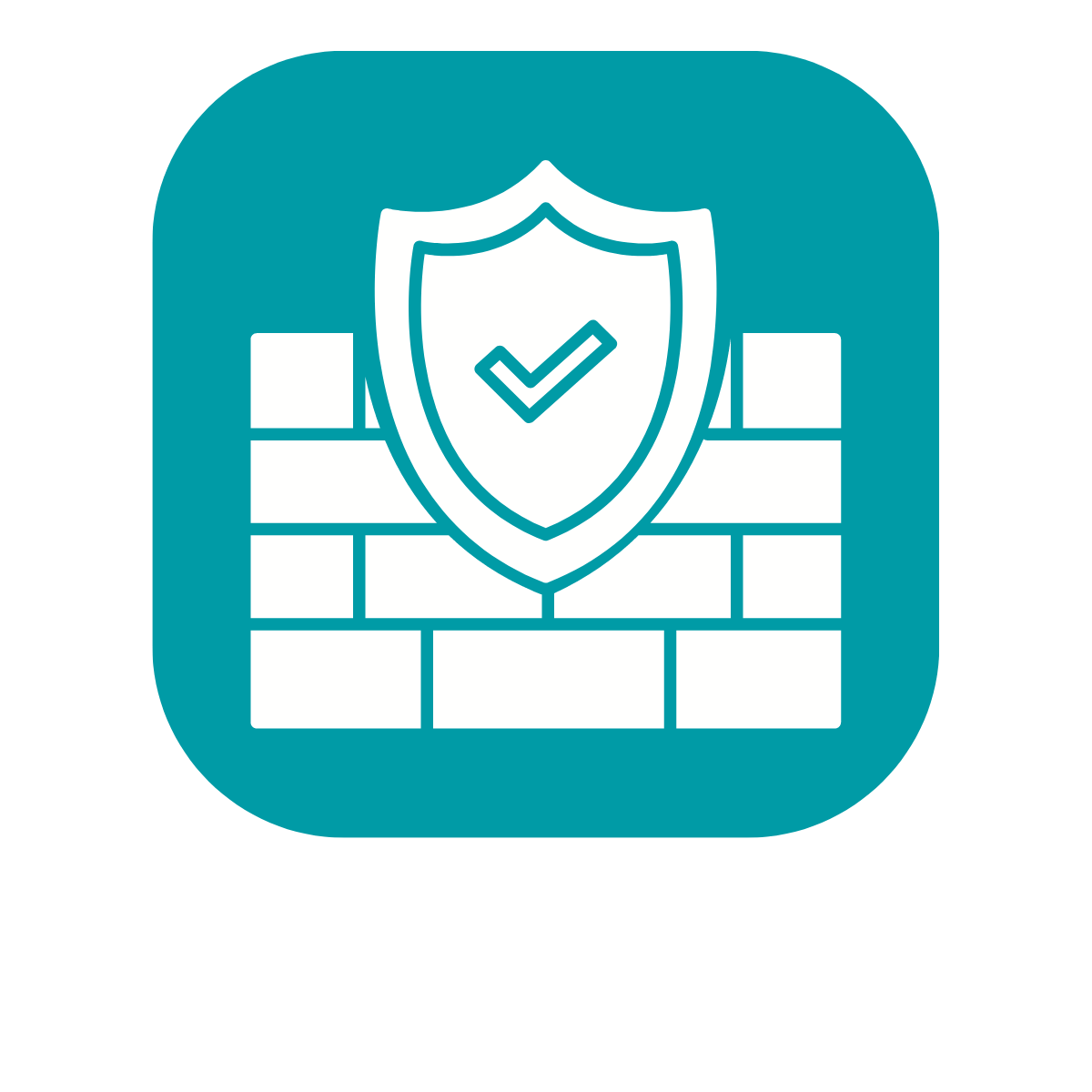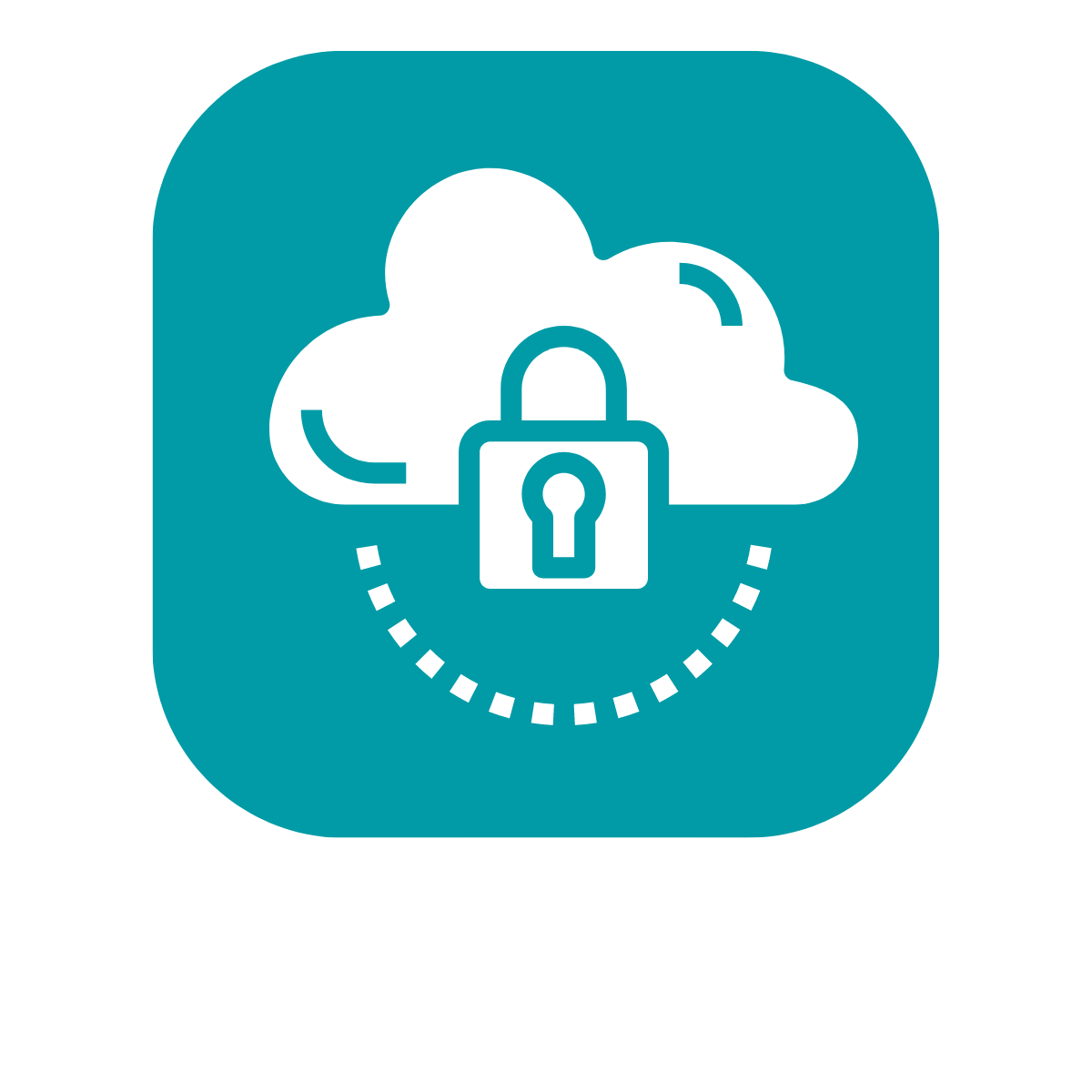Learn how to Manage Endpoint Security Cost-effectively
Category: Information Security
Release Date: 3 April 2024
Information Security SME Cybersecurity Enterprise Information Security Enterprise Cybersecurity Strategy
Since 2020, SMEs in Hong Kong have faced serious cybersecurity challenges with a significant increase in data leakage and hacking incidents. Until 2023, these issues have shown an alarming growth trend, bringing huge losses and risks to business operations in Hong Kong. According to the latest statistics, the growth rate of data leakage incidents for Hong Kong businesses reached over 30% in 2022, with the highest percentage of incidents involving personal data leakage. Meanwhile, hacking attacks have also become a major threat. According to the data, the number of hacking attacks on Hong Kong businesses increased by nearly 40% in 2022, with the financial and e-commerce sectors experiencing the most frequent attacks. These data breaches not only led to the leakage of sensitive internal information, but also made customers’ personal data subject to illegal use by lawbreakers.
According to the Hong Kong Information Security Landscape 2022 released by the Hong Kong Computer Emergency Response Team Coordination Center (HKCERT), nearly two-thirds of the surveyed enterprises have experienced cyber security attacks in the past 12 months, a 24% increase from last year. This shows that the risk of data leakage is increasing, and underscores the vulnerability of Hong Kong enterprises to cyber threats, which undoubtedly has a significant impact on the company’s reputation, and undermines the trust of its customers. Virus variants have emerged in recent years, and surveys have also revealed the emergence of new phishing techniques, with phishing attacks remaining the most common type of cyber attack on small and medium-sized businesses in Hong Kong (according to a survey, nearly 90% of businesses reported phishing incidents), demonstrating the prevalence and effectiveness of phishing techniques.
According to the Hong Kong Information Security Landscape 2022 released by the Hong Kong Computer Emergency Response Team Coordination Center (HKCERT), nearly two-thirds of the surveyed enterprises have experienced cyber security attacks in the past 12 months, a 24% increase from last year. This shows that the risk of data leakage is increasing, and underscores the vulnerability of Hong Kong enterprises to cyber threats, which undoubtedly has a significant impact on the company’s reputation, and undermines the trust of its customers. Virus variants have emerged in recent years, and surveys have also revealed the emergence of new phishing techniques, with phishing attacks remaining the most common type of cyber attack on small and medium-sized businesses in Hong Kong (according to a survey, nearly 90% of businesses reported phishing incidents), demonstrating the prevalence and effectiveness of phishing techniques.
In the face of these cybersecurity issues, SMEs must strengthen their own cybersecurity protection measures and strategies, and enhance their investment in and management of cybersecurity. In this article, we will provide some simple and low-cost 5 major recommendations, and with our one-stop IT support services for a full range of network security strategy solutions, the use of hosting service providers (MSPs) to help you strengthen the ability to defend against network attacks.
Educating employees is one of the most important steps to protect SMEs from information and network security breaches. According to the study, human errors and system failures accounted for 52% of the total number of breaches, implying that human errors and system failures are one of the major causes of information and cybersecurity breaches, and SMEs need to pay special attention to information security. One of the best preventive measures is to establish basic security practices among employees, such as policies on strong password creation, training on responsible Internet usage and proper handling of customer data. Meanwhile regular training, including simulation drills, can help keep staff alert and identify colleagues who need more education.
| Concrete Strategic Plan | |
| Suggested Actions | Brief Description |
|---|---|
| 1. Develop a strong password policy | SMEs should develop a strong password policy to ensure employees use passwords that are complex and difficult to guess. |
| 2. Safety training | Employees should receive regular security training on how to identify and respond to phishing emails, malware and other cyberattacks. |
| 3. Establish internal control measures | SMEs should also establish appropriate internal control measures to limit employees' access to sensitive data and instill knowledge on the correct handling of customer data to increase awareness and prevent information and network security risks. |
| 4. Conduct regular simulation exercises | Regularly performing simulation exercises can help employees become familiar with procedures for responding to security incidents and test their reaction and response capabilities. It can help SMEs identify employees who need more education and provide targeted further training. |
By establishing security awareness and providing corresponding training, employees can better understand the importance of information security and take necessary preventive measures.
In today’s digital working environment, network security has become an issue that enterprises must pay attention to. Many information and network security breaches are often caused by employees’ laptops, multifunction printers and other devices and software that are not properly maintained. To reduce these risks, it is unquestionable to keep your company’s equipment updated.
.png)
First of all, regularly updating the browser, operating system and anti-virus software on your device to the latest versions is a critical step. These updates often include security patches for the latest threats, which can effectively reduce the threat of malware and online risks.
Second, even if the company is unable to provide professional information and network security services, employees should regularly check and update their equipment to ensure that the company's data and systems are safe and secure. Through these measures, SMEs can significantly reduce their exposure to malware and online risks, and ensure smooth and secure business operations.
In today’s digital working environment, network security has become an issue that enterprises must pay attention to. Many information and network security breaches are often caused by employees’ laptops, multifunction printers and other devices and software that are not properly maintained. To reduce these risks, it is unquestionable to keep your company’s equipment updated.
One effective way to hide your Wi-Fi network is to set up your wireless access point (router) so that its network name (SSID) is not broadcast, preventing unauthorized devices from connecting to your network and avoiding attempts to connect with malicious motives, thus reducing the risk of information and network security. At the same time, you should also protect your network security by password-protecting access to your router to prevent unauthorized visitors from accessing your router settings.
There are a few more things to keep in mind to ensure the security of your Wi-Fi network:
Securing Wi-Fi networks isn’t just about preventing others from gaining unauthorized access to your company’s network, it’s about keeping your personal and your company’s sensitive data safe. Therefore, SMEs should pay attention to and take necessary measures to ensure the security of Wi-Fi networks.
As mentioned earlier, sometimes an SMB’s cybersecurity program simply depends on the policies and procedures of its employees.
Restricting employee access is an important aspect of ensuring company network security. By providing access only to specific systems, SMBs can significantly reduce the risk of unauthorized access and potential data breaches.
Employees don't need access to all of the company's internal data systems, they just need access to the systems they need to perform their duties. In addition to restricting access to sensitive data, SMEs may also refer to the following internal control measures.

| Concrete Strategic Plan | |
| Suggested Actions | Brief Description |
|---|---|
| 1. Establish a software installation policy | Require employees to obtain permission before installing any software to prevent the accidental introduction of malicious programs into your SME's network. |
| 2. Establish an access control policy | SMEs should establish a clear access control policy to ensure that each employee only has access to the necessary systems and data, reducing the risk of data breaches and internal breaches. |
| 3. Develop a device restriction policy | Employees should also be restricted in their use of personal devices. SMEs should develop policies that require employees to obtain permission before installing software on personal devices to prevent the downloading of malware and protect the security of corporate data |
In summary, restricting employee access rights is one of the important measures to ensure data security. By establishing clear access control policies and appropriate controls, SMEs can reduce the risk of data breaches and internal breaches while protecting the security of corporate data. In addition, requiring employees to obtain permission before installing software on personal devices can prevent the spread of malware and further improve the level of data security.
According to the latest statistics, since the remote working model became popular, there has been a significant increase in cyber security threats faced by Hong Kong businesses. Therefore, establishing a firewall has become one of the key steps to ensure the data security of SMEs.

Firewalls act as a barrier against external access to private networks, effectively protecting SMB data from unauthorized access. According to the latest statistics, more than 70% of enterprises have been subjected to external cyber attacks while working remotely, and most of these attacks are from unauthorized access.
Therefore, setting up a firewall can help SMEs protect sensitive data and information by blocking unauthorized access. In addition, it can help SMEs monitor network traffic, detect anomalous activities in a timely manner, and take action.
SHARP has launched a new enterprise-level network security strategy this year, emphasizing three key features: “lightweight, intelligent, and instantaneous.” Leveraging AI and automation tools, this solution enables rapid identification of security threats, real-time endpoint detection, and effective monitoring and filtering of network traffic to detect unknown threats. This comprehensive approach aims to prevent unauthorized malicious attacks and intrusions. Specifically, the NSF1050A Firewall solution provides boundary defense against network threats, effectively monitors and filters network traffic, and safeguards SMBs from malicious software and hacker attacks, significantly reducing the network security risks faced by small and medium-sized enterprises.
Faced with these information security challenges, Hong Kong SMEs must strengthen their attention to information security and take protective measures. Through five recommended steps: strengthen information security awareness and technical defense measures, invest in appropriate network security technology and use managed service providers (MSP), a complete security protection system can be established to better protect the interests of small and medium-sized enterprises and customers and create a A safe and reliable business environment can also achieve sustainable development of enterprises.





About SHARP BUSINESS
S.A.S. Electric Company Ltd., as the sole distributor for SHARP business products in Hong Kong and Macau, is committed to providing document systems, commercial electronic products, and comprehensive enterprise solutions, enhancing business agility and productivity. SHARP produces a wide range of high-quality office copiers and printers that are feature-rich, aesthetically pleasing, and durable. Over the years, we have received numerous remarkable awards and recognition, and have met the diverse needs of companies and offices in various sectors. The printer series has been highly recommended across industries. For more information, please visit the official website at www.sharp.com.hk/en/office-solutions or our Facebook social media page.